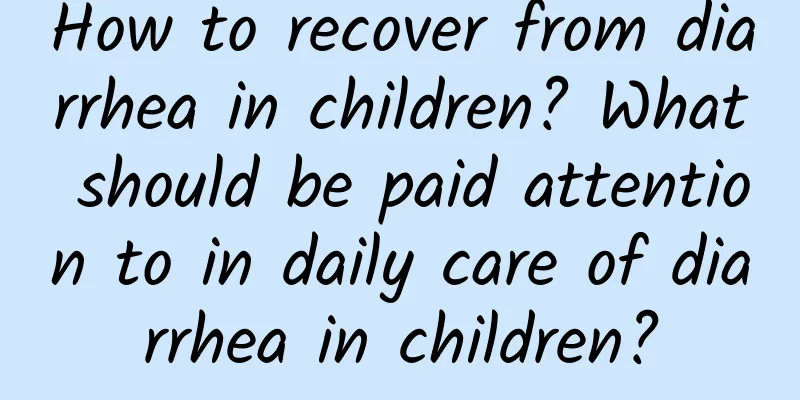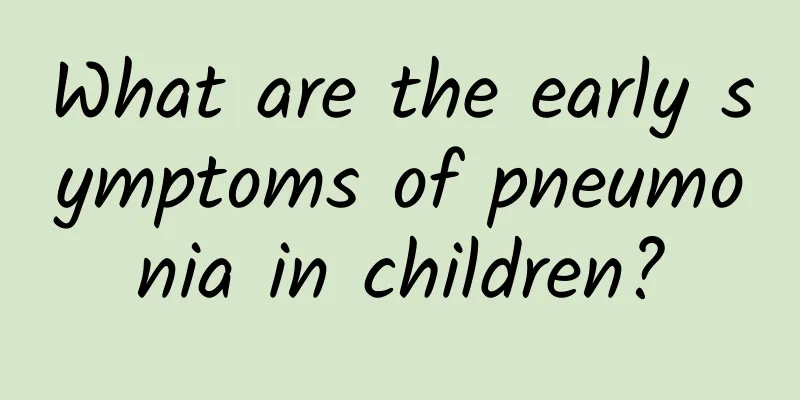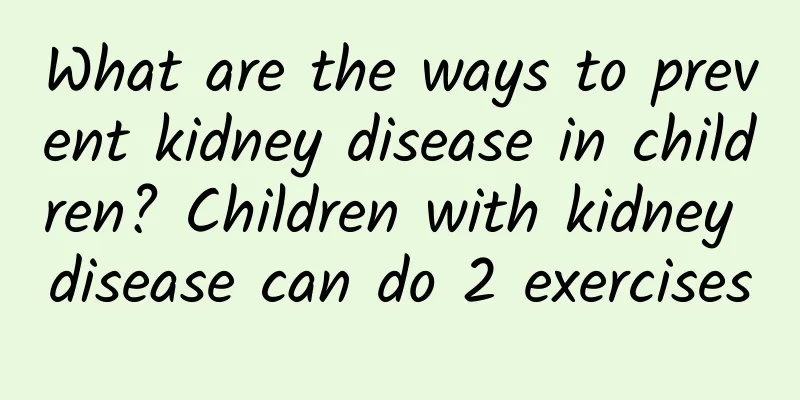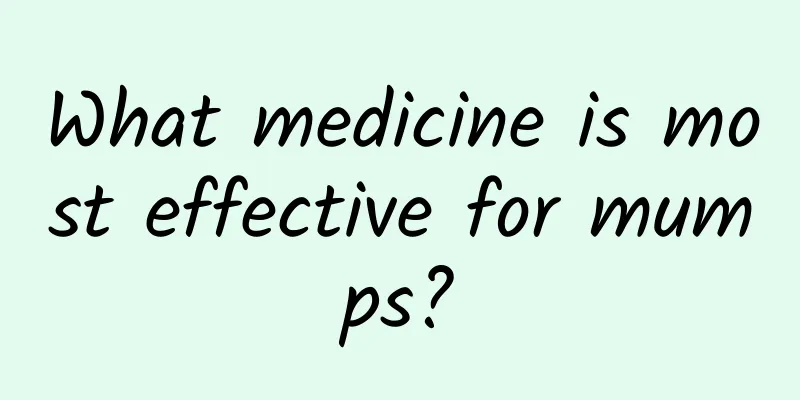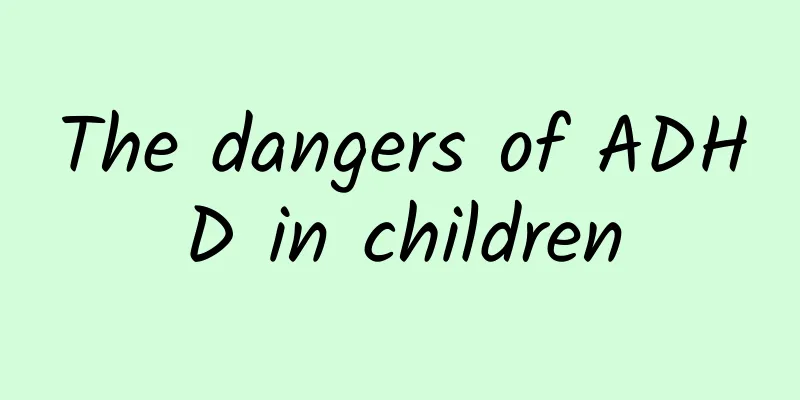What causes Kawasaki disease
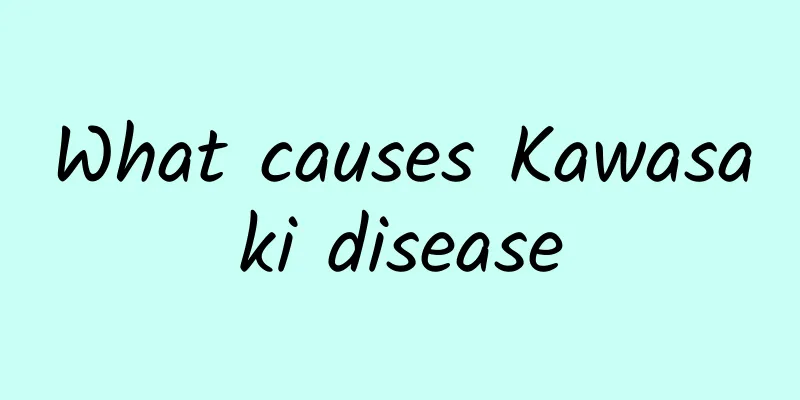
|
Kawasaki disease is a systemic vascular inflammatory disease that mainly affects children. The specific cause is still unclear, and it may be related to genetics, immune system abnormalities, infection and other factors. Treatment is mainly based on anti-inflammatory, immunomodulatory and supportive therapy. Early diagnosis and intervention are crucial to prognosis. 1. Genetic factors Kawasaki disease may be related to genetic susceptibility. Studies have found that certain gene variants may increase the risk of disease, especially in Asian populations. Children with a family history of Kawasaki disease are at a relatively higher risk of disease. Although genetic factors cannot be changed, knowing the family history can help with early warning and screening. 2. Immune system abnormalities The occurrence of Kawasaki disease is closely related to the overreaction of the immune system. Infection or other triggers may cause the immune system to mistakenly attack its own blood vessels, triggering systemic inflammation. This immune abnormality may be related to certain viral or bacterial infections, but the specific pathogens have not yet been identified. Drugs that regulate immune function, such as immunoglobulins and glucocorticoids, are the key to treatment. 3. Infection factors Although the cause of Kawasaki disease has not yet been fully determined, infection is considered to be one of the important causes. Certain viral or bacterial infections may trigger abnormal responses of the immune system, leading to vascular inflammation. Common sources of infection include respiratory viruses, enteroviruses, etc. Preventing infection and enhancing immunity are important measures to reduce the risk of disease. 4. Environmental factors Environmental factors may also play a role in the development of Kawasaki disease. For example, external environmental factors such as seasonal changes, air pollution, and exposure to chemicals may increase the risk of developing the disease. Maintaining a good living environment and avoiding exposure to harmful substances can help reduce the likelihood of developing the disease. 5. Treatment methods The treatment of Kawasaki disease mainly includes anti-inflammatory and immunomodulatory strategies. Drug treatment: Intravenous immunoglobulin (IVIG) is the first choice of treatment and can significantly reduce the risk of coronary artery disease. Aspirin is used for anti-inflammatory and thrombosis prevention. Supportive care: Severe cases may require hospitalization with close monitoring of heart function and other organ status. Long-term management: Regular follow-up cardiac ultrasound examinations to assess whether the coronary arteries are damaged and further intervention if necessary. Although the cause of Kawasaki disease is still unclear, early diagnosis and standardized treatment can significantly improve the prognosis. Parents should pay attention to their children's health and seek medical attention in time if they find symptoms such as persistent fever and rash. Through scientific treatment and long-term management, most children can recover and avoid serious complications. |
<<: Are there any symptoms of patent ductus arteriosus in newborns?
>>: How to relieve acute mumps in children
Recommend
What are the symptoms of polio?
Polio is an acute infectious disease with a very ...
What medicine is better for children with runny nose and cough? How to treat children with runny nose and cough symptomatically
When children have a runny nose and cough, the ma...
Are the small red spots on the newborn's face eczema? How to treat newborns with eczema
The small red spots on the baby's face are mo...
What are the early symptoms of pneumonia in children?
Children's pneumonia initially presents with ...
Side effects of ADHD medications in children
The side effects of ADHD medication in children c...
What anti-inflammatory medicine is effective for children with mumps
The treatment of mumps in children requires the s...
Daily care for acute laryngitis in children
Acute laryngitis in children is one of the common...
What should I do if my three-year-old child has a cough and phlegm? What are the causes of a three-year-old child's cough and phlegm?
If a three-year-old child coughs up phlegm, the f...
Diagnosis of diarrhea in children
Diarrhea is a common phenomenon, so everyone is f...
What medicine can cure pneumonia in children?
Now Western medicine has penetrated into our live...
Uncover the five major symptoms of phenylketonuria
You may be familiar with phenylketonuria, but you...
How to treat neonatal pneumonia? What are the causes of pneumonia in children?
It is said that children are angels sent by God, ...
Specific symptoms of tracheitis in children
For the treatment of bronchitis, early treatment ...
What tests should be done for ADHD
A tic disorder requires a detailed medical examin...
What are the harms of Yitanjing to children? What are the side effects of Yitanjing?
Yitanjing is a drug that can treat cough. This dr...
